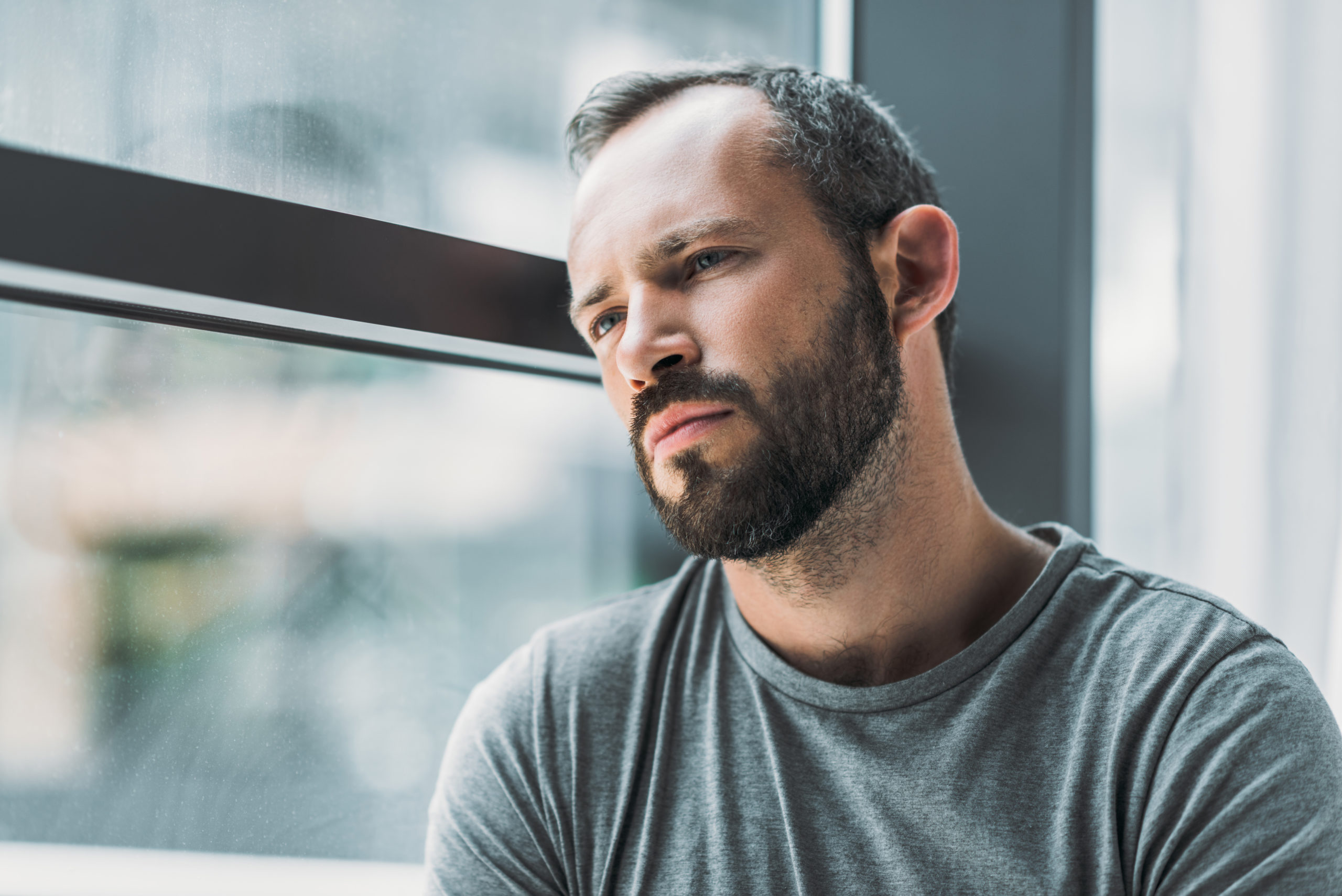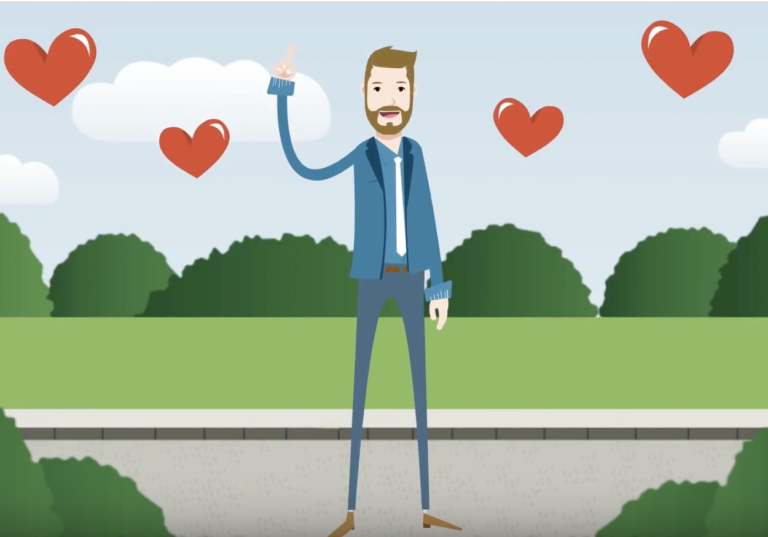It is a well known fact that the fundamentals of treatment and sobriety can be applied to many facets of a person’s life. These practices don’t just teach you how to give up substances, they teach you how to re-think the world and take an entirely new approach to life. And interestingly, they are now being called out as ways to help people re-enter society after the COVID-19 quarantines.
The Washington Post actually made a point of this in an insightful new article written by Erin Shaw Street. She, herself, is a recovering alcoholic and has also dealt with anxiety issues, which were particularly heightened during the coronavirus pandemic. Now that vaccines have become more widespread, though, people dealing with anti-social stressors may soon have to cope with a much more crowded world.
Shaw Street interviewed several prominent psychologists for her story, all of whom saw strong linkages between sobriety rules and the current landscape. “There’s a sense of anticipatory anxiety around re-navigating and reintegrating — an excitement and trepidation at the same time, and the fears around, ‘Will I be able to cope?’” said John Kelly, a psychology professor at Harvard Medical School. “These feelings closely mirror what someone who is newly sober may be experiencing.”
Shaw Street went on to list several components of the common sobriety mantra that work across both fronts. One major point is to practice acceptance. Treatment specialists often encourage recovery patients not to look back and to acknowledge the new world around them. That theory can easily be applied to the pandemic as you begin to focus on what’s out of your control (how the world may behave in this new normal) and what is in your control (how I choose to respond to it).
Recognizing triggers is another key point that Shaw Street mentioned. In the terms of COVID, crowded indoor environments may now be anxiety triggers. The author recommends turning to recovery tools when these situations arise, as in thinking through the risks and sharing your feelings. Handle what you can handle and be aware of what environmental cues set off alarms.
Gratitude, as we know, is another big factor when it comes to recovery. And those philosophies can certainly apply to COVID anxieties as well. Try not to think about things going wrong or the displacements that happened last year (and may still be happening). Rather, focus on the progress of the vaccines and the slow return to normalcy. There is a light at the end of this tunnel and plenty to be grateful for.
We may not be fully there yet, but there are lot of positives to look forward to in the coming year. If things feel challenging or scary, try pausing for a moment and thinking about helpful recovery practices that can help improve your overall outlook.






